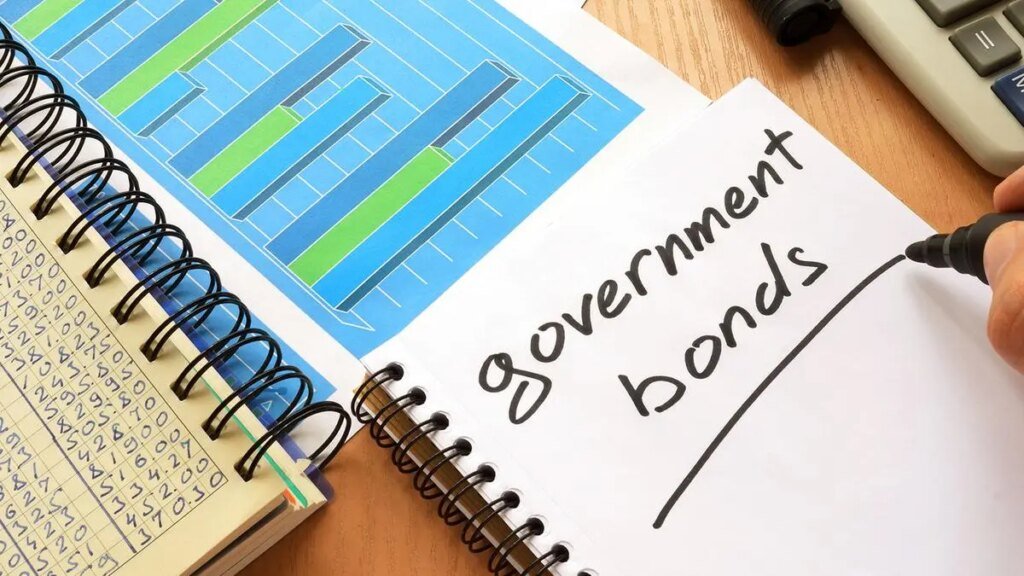Net direct tax collection fell 3.95 per cent year-o-year (y-o-y) this fiscal till August 11, to ₹₹6.64 lakh crore, mainly due to higher refunds.
| Photo Credit:
istock.com
Yield of the 10-year benchmark Government Security (G-Sec) breached the 6.5 per cent mark on Wednesday for the first time after it was issued in May 2025. This came amidst a dip in net direct tax collection in the fiscal so far, triggering speculation in the bond market that the government may borrow more in FY26 to make up for possible shortfall in revenue collection.
The RBI is believed to have intervened in the G-Sec market once yield of the 6.35 per cent GS 2035 went up to the 6.51-6.52 per cent level. Its purchase action ensured that yield of this security closed a shade lower at 6.48 per cent against previous close of 6.49 per cent.
Net direct tax collection fell 3.95 per cent year-o-year (y-o-y) this fiscal till August 11, to ₹₹6.64 lakh crore, mainly due to higher refunds.
Tariffs and inflation
Referring to RBI Governor Sanjay Malhotra’s recent comments that the bar for cutting rates has gone up following the change in monetary policy stance to neutral (from accommodative) and the cumulative 100 basis points (bps) repo rate cut during the February-June 2025 period working its way through the economy, market players say the wait for the next rate cut may have got longer.
They reasoned that despite fall in retail inflation to an eight-year low of 1.55 per cent in July, the core inflation remains sticky at around 4 per cent levels, even as the Central bank has to weigh the growth-inflation implications of the steep tariffs slapped by the US President on India’s exports to the world’s largest economy.
Dwijendra Srivastava, Chief Investment Officer – Fixed Income, Sundaram AMC, observed that the US tariffs are going to be challenging for India. While there could be a direct impact of 30 to 50 basis points on GDP growth, there will also be an indirect impact.
“So, overall, if growth is low, revenues are slow, the market will obviously surmise that the government probably will borrow more. So, this (expectation) is something, which I think, is building up right now,” he said.
Srivastava expects a hiatus on the rates for, maybe, about 12 to 18 months amid the uncertainty around the US’ tariffs and its implications for the economy in terms of growth, inflation and the external sector.
Published on August 13, 2025

